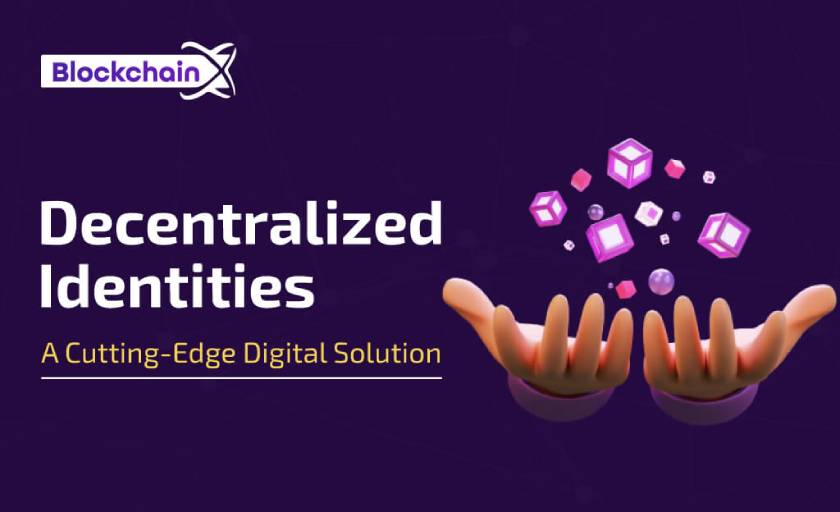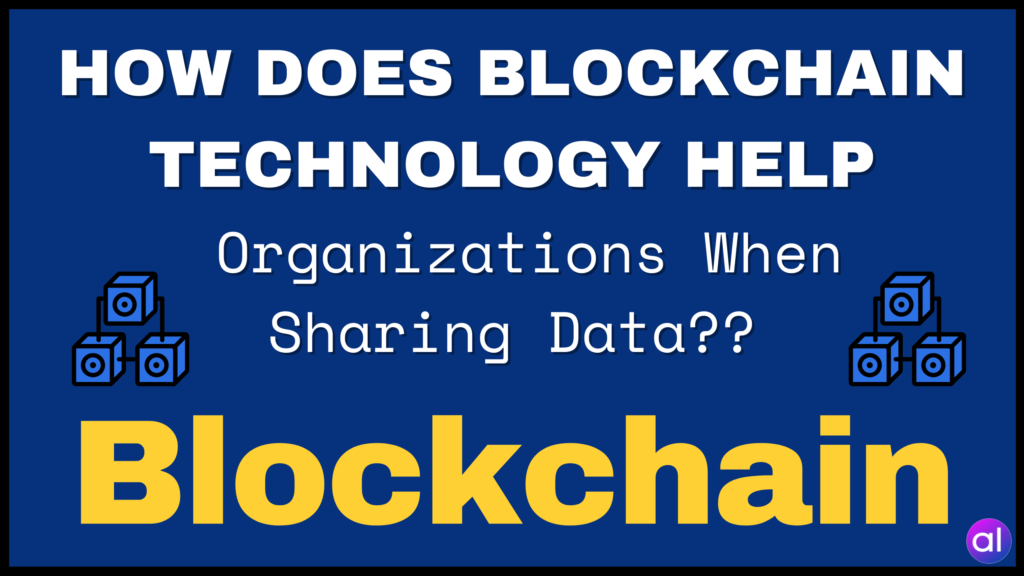
Web3 technology is revolutionizing various industries, and digital identity management is no exception. By leveraging the power of web3 and blockchain, digital identities can now be decentralized, giving users more control over their digital personas and enhancing security.
The benefits of decentralized identity go beyond just convenience. It eliminates the need to remember multiple usernames and passwords for different websites, simplifying the authentication process.
Traditional identity tools rely on centralized systems to store and protect user identities. However, blockchain and web3 technology eliminate the need for third-party intermediaries, enhancing security and privacy.
In today’s digital world, where online transactions are prevalent, decentralized identity tools play a crucial role in providing seamless access to various services and applications.
Decentralized Identities
Decentralized identities offer a verifiable framework for managing identities, allowing users to maintain their digital identity without depending on third-party service providers. This approach emphasizes user control and flexibility in managing identities.
Decentralized identity systems serve as an efficient way for internet users to interact and manage their data securely.
By decentralizing identity management, the process of identity verification becomes more efficient and less time-consuming.
Why Do You Need A Decentralized Identity In Blockchain?
Decentralized identities in blockchain provide better accessibility, enhanced security protection, obscured authentication, trust formation between individuals and organizations, and ownership and control over data.
How do decentralized identities work?
Decentralized identity leverages blockchain technology to give users sovereign control over their digital identities. This eliminates the need for intermediaries like governments or tech companies in identity management.
Decentralized identity is gaining traction in the financial sector, offering users greater control over the security and accessibility of their data.
The key components of decentralized identity include blockchain, identity wallets, identity owners, verifiers, and service providers.
Types of Decentralized Identity Solutions
Non-custodial crypto wallets, soulbound tokens, unstoppable domains, and proof of humanity are examples of decentralized identity solutions that interact with Web3 technology.
Advantages of Decentralized Identities
Decentralized identities offer individuals full control and ownership over their data, provide developers with new opportunities to enhance user experience, and help organizations verify identity information efficiently.
Wrapping Up
Decentralized identity using blockchain technology enhances digital identity management by empowering users and organizations to control their own digital identities. The shift towards decentralized identities opens up new possibilities for seamless and secure access to the internet.
With decentralized identities like DIDs and verifiable credentials, users can take charge of their digital identities without relying on third-party services. Explore the implications of decentralized identity in shaping the future digital landscape.



